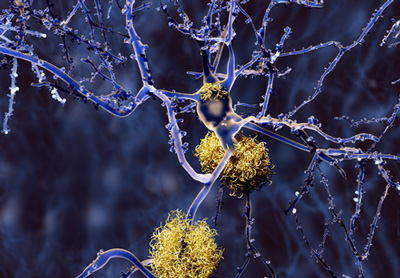Lilly changes the primary endpoint of the EXPEDITION3 Alzheimer’s trial
Posted: 15 March 2016 | | No comments yet
Lilly has made a change to the primary endpoint for the EXPEDITION3 clinical trial, a Phase 3 study of solanezumab in people with mild Alzheimer’s dementia…


Lilly has made a change to the primary endpoint for the EXPEDITION3 clinical trial, a Phase 3 study of solanezumab in people with mild Alzheimer’s dementia.


Solanezumab is Lilly’s Phase 3 monoclonal antibody being studied as a potential therapy for people with mild Alzheimer’s dementia, prodromal Alzheimer’s dementia and preclinical Alzheimer’s disease. Solanezumab binds to soluble monomeric forms of amyloid beta after it is produced, allowing it to be cleared from the brain before it clumps together to form amyloid plaques.
The original EXPEDITION3 study design included co-primary endpoints of cognition and function—measured by ADAS-Cog14 (Alzheimer’s Disease Assessment Scale-Cognitive subscale) and ADCS-iADL (Alzheimer’s Disease Cooperative Study-Instrumental Activities of Daily Living), respectively. Lilly says that emerging scientific evidence supports the idea that cognitive decline precedes and predicts functional decline in Alzheimer’s disease, particularly in earlier stages of the disease. Thus, Lilly has decided to amend the EXPEDITION3 trial to include a single primary endpoint of cognition (ADAS-Cog14). Functional outcomes will be measured during the trial in the same manner as previously designed, using both the ADCS-iADL and the FAQ (Functional Assessment Questionnaire). These two functional outcomes will now be considered key secondary endpoints for the EXPEDITION3 study.
Endpoint change does not affect the conduct of the trial
The endpoint change affects the study’s data analysis plan, but it does not affect anything related to the actual conduct of the trial. Lilly will continue to remain blinded to study data until after the database lock occurs in the fourth quarter of 2016.
Lilly understands that regulators globally will continue to view both cognitive and functional endpoints as necessary for clinical trials in people with mild Alzheimer’s dementia, and regulatory guidance has been to include these as co-primary endpoints. Lilly has said it is submitting the EXPEDITION3 amendment to all appropriate regulatory authorities.









